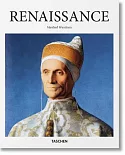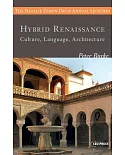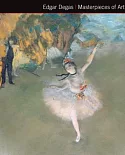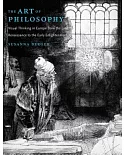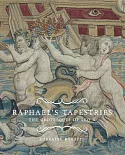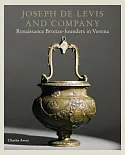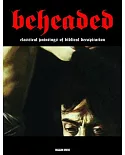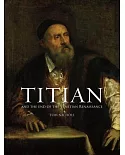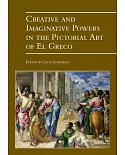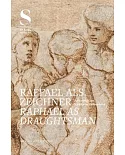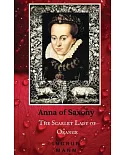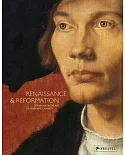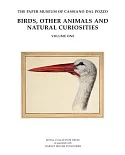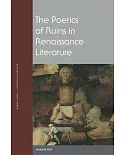An unusual collaboration among distinguished art historians and historians of science, this book demonstrates how printmakers of the Northern Renaissance, far from merely illustrating the
ideas of others, contributed to scientific investigations of their time. Hans Holbein, for instance, worked with cosmographers and instrument makers on some of the earliest sundial manuals
published; Albrecht Dürer produced the first printed maps of the constellations, which astronomers copied for over a century; and Hendrick Goltzius's depiction of the muscle-bound Hercules
served as a study aid for students of anatomy.
Prints and the Pursuit of Knowledge in Early Modern Europe features fascinating reproductions of woodcuts, engravings, and etchings; maps, globe gores, and globes; multilayered
anatomical "flap" prints; and paper scientific instruments used for observation and measurement. Among the "do-it-yourself" paper instruments were sundials and astrolabes, and the book
incorporates a facsimile of globe gores for the reader to cut out and assemble.


